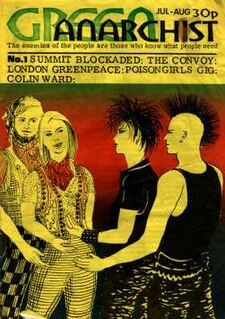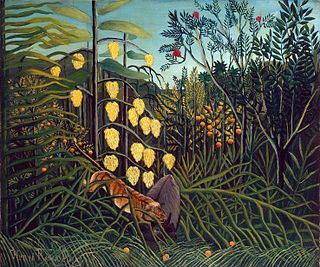This article is about a living person and appears to have no references. All biographies of living people must have at least one source that supports at least one statement made about the person in the article. If no reliable references are found and added within a seven-day grace period, this article may be deleted . This is an important policy to help prevent the retention of incorrect material. Please note that adding reliable sources is all that is required to prevent the scheduled deletion of this article. For help on inserting references, see referencing for beginners or ask at the help desk. Once the article has at least one reliable source, you may remove this tag. Find sources: "Steve Booth" – news · newspapers · books · scholar · JSTOR Reviewer tools: policy project (talk • bio • log) Move: draft space The article may be deleted if this message remains in place for seven days, i.e., after 00:30, 24 March 2021 (UTC). |
This biography of a living person does not include any references or sources .(December 2020) (Learn how and when to remove this template message) |
Steve Booth is a British political activist and journalist, and was one of the defendants in the GANDALF trial.
After involvement in the 1990 anti-Poll Tax movement, and having written a number of articles for 'Freedom' magazine, he first became involved with the UK Green Anarchist magazine in 1990, and published a novel, City-Death, explaining his idea of green anarchism. In another article, he criticised what he termed the 'Dogma of Class', the belief held by much of the left that political value and validity comes through the working class. In the mid-1990s he wrote 'Politics And The Ethical Void'. "To try to apply the ethical to the political is to be like the small boy with his finger in the dyke, while a hundred yards away, water rushes through a gap as wide as the Atlantic Ocean." Booth contributed many articles to Green Anarchist.
In 1996, Booth published 'Into the 1990s With Green Anarchist' ( ISBN 0-9521226-4-2), a book explaining Green Anarchist doctrines and history. Though never a Primitivist himself, he attempted to give a fair explanation of Primitivist ideas (pages 127-152), and the fact of the existence of this section led some to conclude that Booth was a Primitivist. From 2001 and onwards he published criticism of the doctrines of Primitivism, particularly in the booklet 'Primitivism an Illusion With No Future'.
During the mid-1990s, from around 1993 through to 1997, along with the Green Anarchist magazine itself, Booth's work came under attack from the Neoist Alliance, particularly over the controversial 'Irrationalists' article, which attempted to empathize with "irrationalist" terrorists such as those responsible for the Oklahoma City bombing and Tokyo gas attack. Repeatedly using a selective quotation taken from the second paragraph of one of the articles, the Neoists attacked Booth, and through this by association, GA itself.
As another strand to the same attack, the Neoists published 'Green Apocalypse', a booklet accusing Green Anarchist magazine of neo-Malthusianism. In 'Green Apocalypse', Booth as a propagandist was compared with Joseph Goebbels. David Watson, in the US Fifth Estate magazine article 'Swamp Fever' (Fifth Estate, Vol 32, Autumn 1997, pages 15 ff) analysed the Neoists' claims, stating they were "transparently malicious".
Starting in 1995, the Hampshire Police under 'Operation Washington' began a series of at least 56 raids, which eventually resulted in the August to November 1997 Portsmouth trial of Green Anarchist editors Stephen Booth, Saxon Wood, Noel Molland and Paul Rogers, as well as Animal Liberation Front Press Officer Robin Webb and Animal Liberation Front Supporters Group newsletter editor Simon Russell. The defendants organised the GANDALF Defence campaign. Three of the editors of Green Anarchist, Noel Molland, Saxon Wood and Booth were jailed for 'conspiracy to incite'. Eventually, all three were released on appeal.
In early 2001, Steve Booth broke with Paul Rogers. He then began taking his version of 'Green Anarchist' magazine in a different political direction, trying to go back to what Booth saw as its roots and undo the harm he considered done to it by Richard Hunt and Paul Rogers. However, this attempt to revive the magazine ran up against the broader problems with the radical milieu, including the lack of an effective supporting infrastructure, and generalised apathy, and eventually folded in 2006.
Steve Booth has written a full-length book version of his Primitivism pamphlet, but is no longer active in the radical milieu. In issue 66 of the GA, published in April 2004, he offered a criticism of radicalism as an embodiment of the wasteland - its in-fighting, its ineffectiveness, dogmatism, and lack of morality. "There is a word for the character of all this, and where it is heading, and that word is hell."
From 2002 Steve began to contribute to the BlueGreenEarth website, most notably with his article: The Primitivist Illusion.
Steve has also contributed short articles to 'The Cunningham Amendment' (TCA) and 'Total Liberty', and has drawn many political cartoons for various Anarchist publications.






